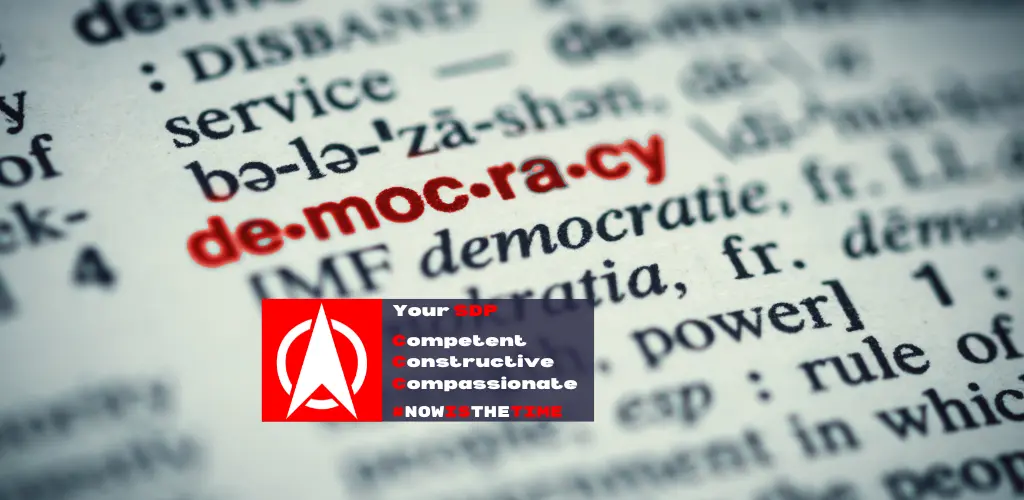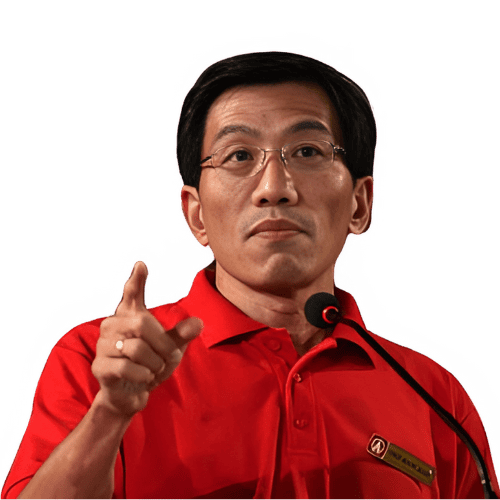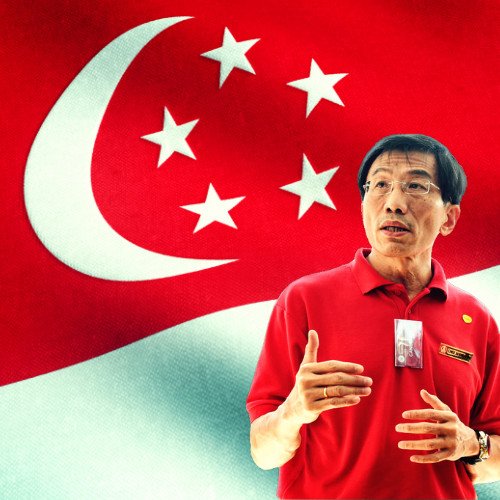

Championing Democracy: In-Depth Analyses
Explore political articles offering in-depth analysis and critical perspectives on the current government of Singapore. These commentaries, penned by Dr. Chee Soon Juan, provide a thought-provoking examination of national policies, governance, and the implications for our society. Dive into these pieces to gain a deeper understanding of the challenges and opportunities facing Singapore today.


SDP announces its 2024-2026 Central Executive Committee line-up
Read more
Boots on the Ground! – SDP National Day Walkabout
Read more
The Singapore Democratic Party's Journey Through Time
Delve into the rich history of the Singapore Democratic Party (SDP), a key advocate for democracy and human rights in Singapore since its founding in 1980 by Chiam See Tong. This timeline highlights significant milestones, from early electoral successes and leadership transitions to ongoing advocacy under Chee Soon Juan.
What is The Truth About...?
In the spirit of remembrance and reflection, I am re-publishing a series of essays titled “The Truth About…,” delving into pivotal moments in the democracy movement over the past 15 to 20 years. These posts serve as a testament to the enduring struggle for democratic ideals and the pursuit of truth in Singapore.
Take the Democratic Challenge Quizzes Now!
Embark on an enlightening journey through Singapore’s political history and democratic evolution. Engage with our curated quizzes that delve into key issues, the influential Singapore Democratic Party, and the inspiring story of Dr. Chee Soon Juan. Each quiz offers a unique opportunity to learn and reflect on the dynamic forces shaping Singapore’s democracy. Click the below and start exploring today!
Embark on the Journey of Change
Join us as we unveil "Change," the first in our inspiring party brand video series. This month, we celebrate our 44th anniversary, National Day, and key achievements. Reflect on where change begins and experience our vision for Singapore. Be part of this transformative journey.








